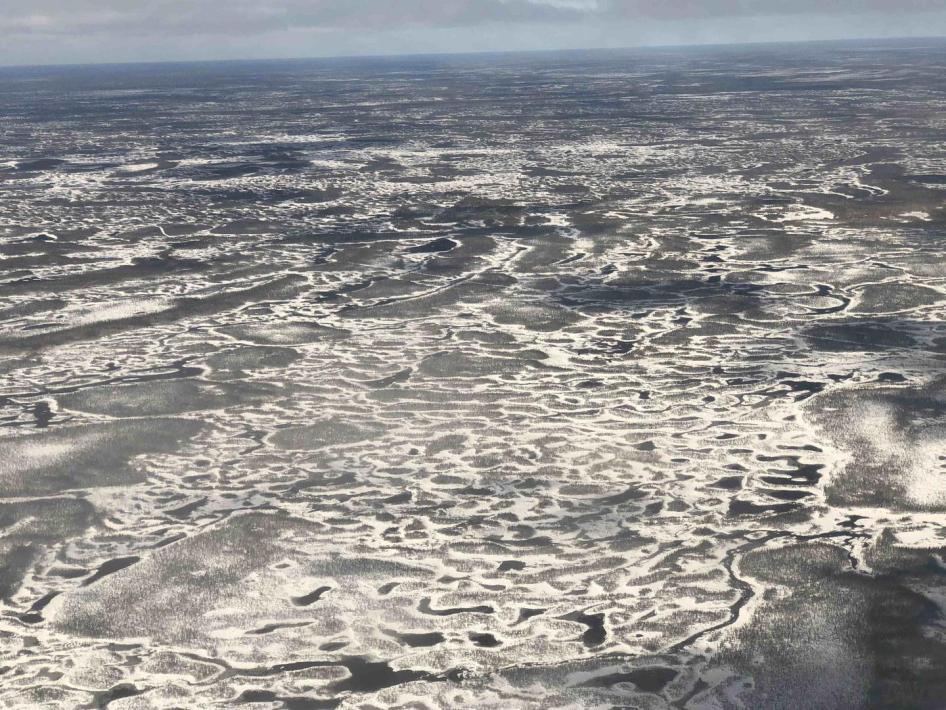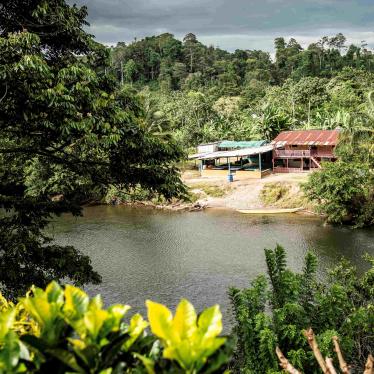The groups issued a draft guide on the human right to water for First Nations communities and advocates. This guide will be open for comment through September 6, and then finalized.
“Most Canadians have easy access to fresh water, but many First Nations communities in Canada face a daily struggle to get safe drinking water,” said Amanda Klasing, acting women’s rights co-director at Human Rights Watch. “We hope this guide will serve as an important tool for communities to help them achieve their right to a safe water supply.”
Related Content
Human Rights Watch conducted research in First Nations communities in Ontario in 2015 and 2016, and found that the Canadian government had violated a range of international human rights obligations by failing to provide a safe water supply to First Nations reserves.
Since that time, the federal government has taken steps to increase transparency in situations in which First Nations communities have long been without a safe water supply and to work more closely with the communities to address the problems. The government recently announced new investments to support ongoing efforts to eliminate and prevent long-term drinking water advisories.
But as of February 4, there were 62 long-term drinking advisories throughout Canada. The Neskantaga First Nation in Northern Ontario, for example, has had a water boil advisory in place for the last 23 years.
The Chiefs of Ontario continue to apply pressure and influence governments to provide safe potable drinking water – which is a human right – for First Nations peoples, leading toward a sustainable future and one that is based on truth and reconciliation.
Despite some progress, the government has failed time and again to deliver on its promises for safe drinking water. In developing the guide, Human Rights Watch and Chiefs of Ontario seek to develop an additional tool for First Nations to build their advocacy for safe drinking water access. The guide provides an overview of the legal framework behind the human right to water and recommendations on how to engage government officials on the topic. The commentary period will be helpful in producing a final guide to address the needs of communities and advocates.
“We need to guide and inspire a process of truth and healing leading toward reconciliation between First Nations and Canada,” said Chief Shining Turtle, of Whitefish River First Nation and member of the Chiefs of Ontario Environment Committee. “Collaboration on a renewed relationship based on inclusion, respect, and mutual understanding is paramount. Let’s begin this important process first by protecting our sacred water, in the spirit of true partnership.”
It is often those who least contribute to water crises around the world who are most affected by the outcome, Human Rights Watch and the Ontario Chiefs said. World Water Day 2019 serves as a reminder that everyone all over the globe should have access to safe drinking water and sanitation. Canada has played an important role in promoting efforts to meet this goal globally. First Nations communities are on the front lines of demanding that Canada should meet this obligation at home as well.
“Water is life. It is recognized that women are the sacred keepers of the water and know that it's a gift that connects all life,” said Ontario Regional Chief RoseAnne Archibald. “Water is significant to our way of life and livelihoods, and we recognize our inherent responsibilities as caretakers to protect water. Our responsibilities and our rights include all aspects to the use of water, jurisdiction and stewardship over use and access to water, and the protection of water.”







